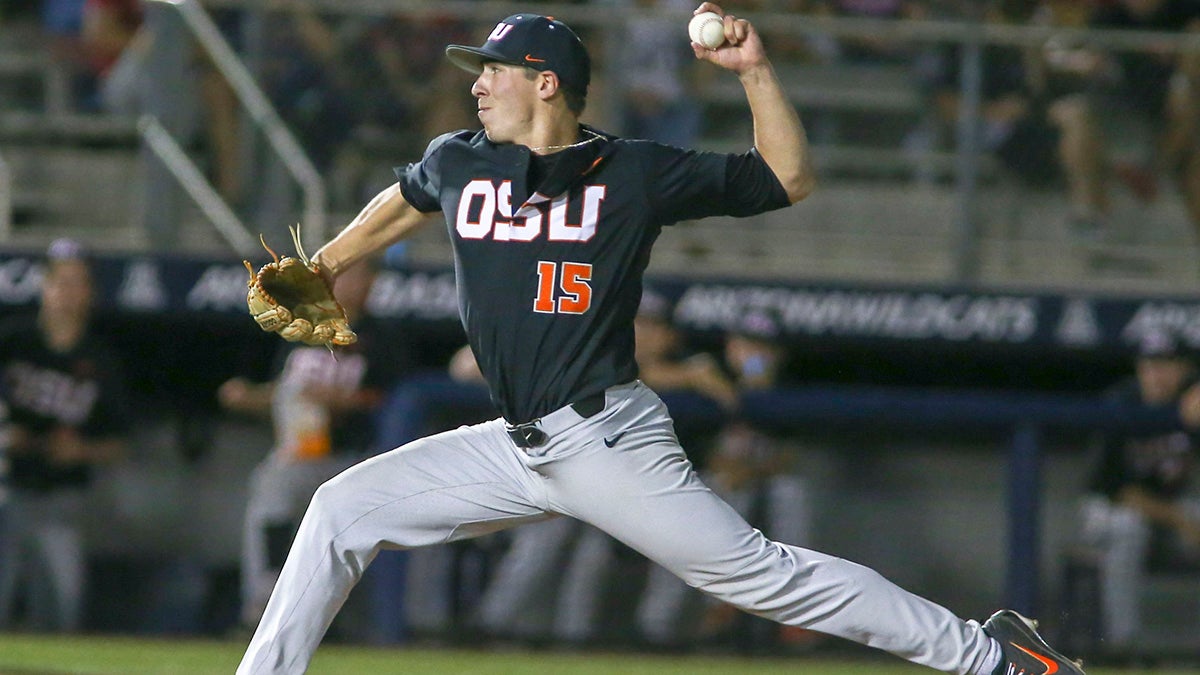How much does character count in sport?

This year’s baseball draft touched on an omnipresent issue in sport: Character. Should your organization associate with an athlete where issues of character, sometimes reflected in criminality, are at issue?

Never are we reminded more that sport is business than in these complex character situations. The business goal in sport is typically some combination of being successful on the field of play and being profitable. It is that money-making side of the equation that dictates a reflection on ethical issues whenever an employee relationship is contemplated. The lessons from sport are valuable for business and other settings as well, even regarding the company one keeps on a personal level.
Luke Heimlich is the latest player causing professional sports teams, in this case baseball, to think beyond winning. If the decision to draft Heimlich was based on his baseball playing ability alone it is probable that he would have been drafted in baseball’s first round. He was ranked the 44th best prospect amongst those eligible, potentially a difference-making pitcher in the current baseball draft. He also pleaded guilty to molesting his 6-year-old niece when he was 15 years old. Now he is 23, was 15-1 as a pitcher for Oregon State University and denied that the molestation occurred. He recently told the New York Times, "Nothing ever happened." But the evidence in the public domain, including his admission, points to the contrary. All 30 clubs in all 40 rounds refused to add him to their rosters.
This type of ethical moment for teams is not new. The variable amongst instances is the severity of the violation from ethics alone to the severest of crimes. These moments have ranged from the relatively minor Laremy Tunsil, who slid from probable first to the 13th pick in the 2016 NFL draft. His fall was due to the draft day Twitter posting of a photo of Tunsil smoking a bong with a gas mask affixed to his face. He was projected as high as the first overall pick just three weeks before. The fall in positions mimicked the monetary risks teams were willing to take on someone exhibiting bad judgment. The other extreme is illustrated by the initial allegations of murder and the later conviction of then-New England Patriot star Aaron Hernandez. The Patriots released Hernandez following his arrest for murder, not waiting for the judicial process to play itself out.
Michael Vick was convicted in 2007 of conspiracy and running a dogfighting operation. As a consequence he was both sentenced to 23 months in federal prison and suspended indefinitely by the NFL. Vick was one of the athletes who did get a second chance following a criminal event, but that is not always the case. It is more likely to occur when the player has extraordinary talent. Vick did. Upon his return Vick was confronted by animal rights protestors for the remainder of his career as were the NFL franchises that signed him.
We can go back even further to Mike Tyson being convicted of rape in 1992 and sentenced to six years in prison. After serving three of those years he was released on parole. Boxing is a sport that has long been tolerant in providing second chances. Men learning to box while in prison are legion so it’s a bit more understandable in some sense. Tyson was back in the ring shortly after his release. But even this sport chose to ban the great Muhammad Ali when he refused to comply with his draft board. He too eventually got a second chance and regained his title.
The full blown social media entry into these complex issues accelerated in the 2014 Baltimore Ravens decision on Ray Rice. A video and then an even more damning follow up video surfaced of Rice assaulting a woman in an Atlantic City elevator. In this case the court of social media began to intervene when final determination by a sports entity held off until a decision by external legal authorities. In this matter we watched the NFL struggle with how to react and whether or not to align with law enforcement or to make an independent judgment as the Patriots did with Hernandez. Here the league seemed pressured to adjust the punishment issued based on public pressure.
The list across leagues and sports is, frankly, overwhelming particularly when you layer in violations such as gambling, cheating and the use performance enhancing drugs. This can be seen at all levels too, including Georgetown’s decision to award a scholarship to the once incarcerated Allen Iverson.
Jameis Winston was accused of rape, shoplifting and an expletive-filled rant that got much attention while in college. There was no conviction of Winston and, differing from Luke Heimlich, he was arguably the top player at his craft, having won the Heisman Trophy in his redshirt freshman year. He was the first pick in the 2015 NFL draft.
The conclusion is that there is no universally acknowledged correct action to take in issues involving character whether simply ethical or high level criminal. However, a rubric has developed in these decisions whether it’s signing, drafting or releasing an athlete: How good is the player? How big is the violation? Are they likely to be a repeat violator and what’s the current public relations climate on the issue at hand?
What has become clear is that these business entities can decide their own punishment before or after the incidents run their course in the legal system. There is much public pressure to act before the judicial process is completed, but many argue that constitutes an unfair prejudging. Player unions are particularly prone to pointing this out. Internal assessments, however, are within the realm of the employer-employee relationship, subject to collective bargaining. Unstated, the factor that the sports entities have to incorporate into their decision making that the courts can ignore is public opinion. This is especially true with issues related to domestic violence.
Individual organizations will make their own decisions. Their decision should express their own view about redemption and whether a second chance is warranted in a given setting. The reality is that those who get the chance or the second chance to redeem themselves tend to be big name talents. That is not who Luke Heimlich happened to be. The decision here by baseball organizations was that the negative business impact related to such a heinous crime was not worth the possibility of reward from a player without an established or potential impact. The teams seemed to unite around the idea that no degree of talent could overcome a past that included molesting a little girl.
Kenneth L. Shropshire is the CEO of the Global Sport Institute and adidas Distinguished Professor of Global Sport as Arizona State University and Endowed Professor Emeritus at the Wharton School, University of Pennsylvania. Among his 13 books is Sport Matters: Leadership Power and the Quest for Respect in Sports.

